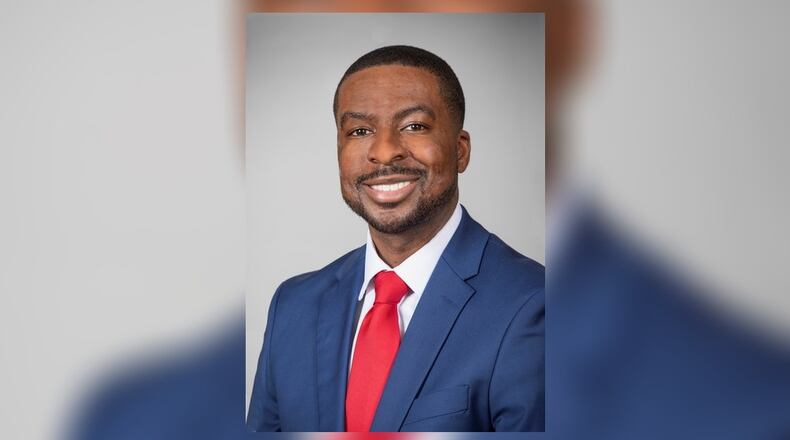As someone who lives in Northwest Dayton, this issue is personal for me. Decades of redlining, disinvestment, and institutional racism has left Dayton and nearby communities like Harrison Township, Trotwood, and Jefferson Township with an outsized share of vacant and dilapidated structures. These buildings pose a potential safety risk to neighbors, while also further hurting property values and diminishing the wealth of Black families.
This is why, in the State House, I was proud to fight for demolition funding for local communities from the federal American Rescue Plan Act. Here locally, this funding for Dayton and other communities will allow for the demolition of thousands of vacant and abandoned properties. In the short term, these demolition projects will remove serious safety risks in neighborhoods: many of these homes are structurally unsound and we have seen the awful consequences of squatters accidentally starting fires. But, this demolition can also give these neighborhoods a huge new opportunity to grow wealth through increased property values. And the land these structures sat on can be put to important redevelopment use to improve our neighborhoods.
But while demolition is important, it is addressing a symptom, not the root cause of the housing crisis many of our communities face. It took decades to get to this place, and will take structural policy changes to prevent it from happening again.
Some of these important policy changes are relatively simple. When I worked in the Montgomery County Auditor’s office, I often heard from residents who lived next to a poorly maintained house, but couldn’t figure out who the owner was in order to contact them. I’d also talk to potential home buyers who were interested in a property, but couldn’t figure out who the owner actually was. The common thread here is what we call “shadow owners” - often predatory, out of town investors who bought up properties in bulk and then concealed their identity behind LLC’s or P.O. Boxes.
To tackle this issue, last General Assembly I worked with Rep. Andrea White to introduce the bipartisan Neighborhood Protection Act, which would take the simple, but important, step of allowing county auditors to create vacant property registries in their communities and requiring that the owners provide real, up to date contact information. This would allow our local leaders and residents to better deal with these properties and hold these “shadow owners” accountable. This is a vital step in addressing our housing crisis by helping to make more housing available and lower costs in communities across Ohio by making these homes available for purchase, rent, rehabilitation, or demolition.
The fact is, in big cities, suburbs, and small towns, we do not have enough housing that working people can afford. And unfortunately, we have seen actions from my colleagues in the Statehouse that have only worsened that situation. But if we are committed to creating new jobs and businesses, growing our population, and ensuring that every community can thrive, then we must take serious steps to deal with this crisis at every level of government - which includes common sense policies like long overdue demolitions and vacant property registries. I hope you will join me in demanding that our leaders step up to this challenge.
Rep. Willis Blackshear Jr., was first elected to the State House in 2020 and represents portions of Dayton, Huber Heights, and Riverside.
About the Author
